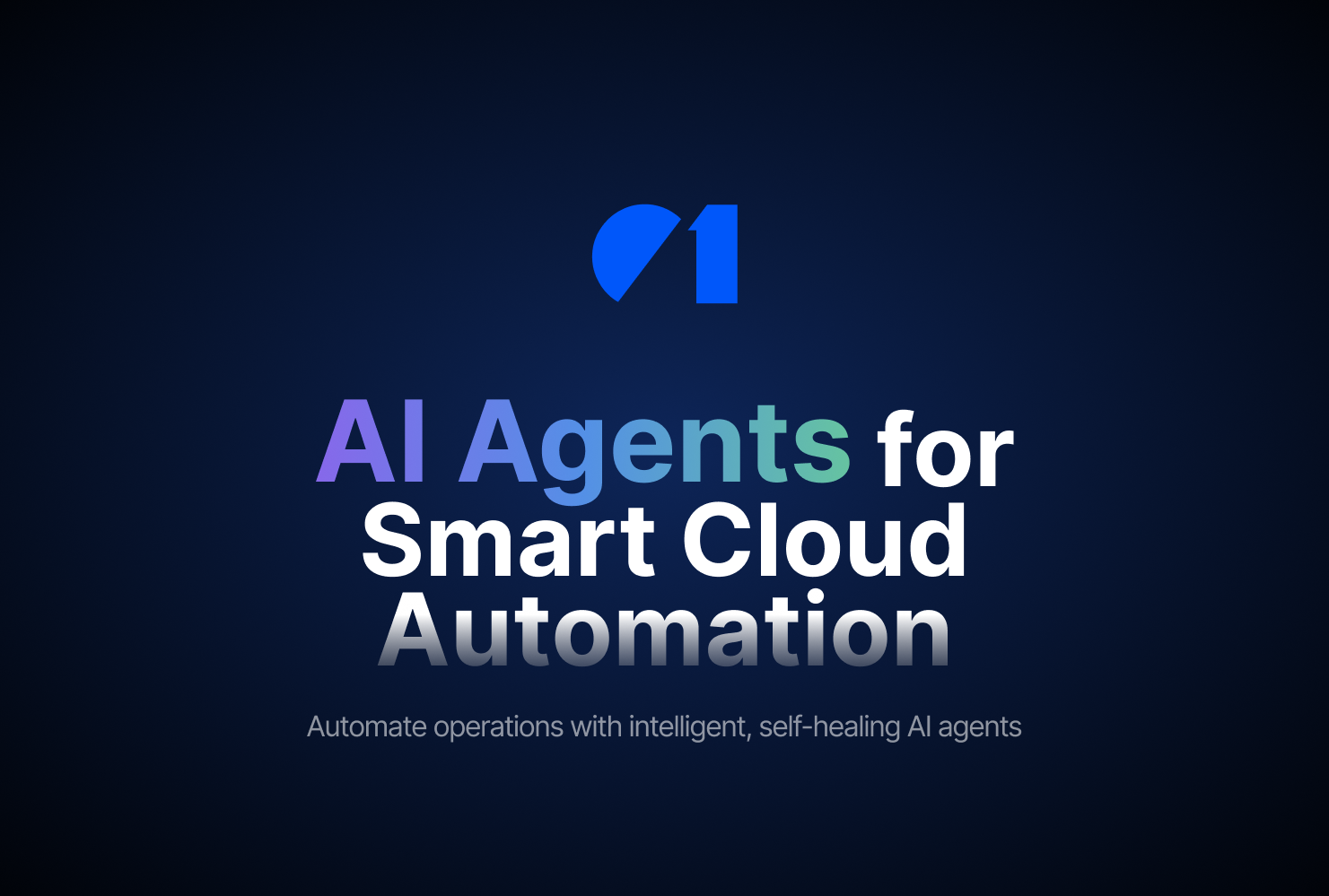Master Your Kubernetes Deployments
Managed Kubernetes Services
Optimize and streamline your container orchestration with BerryBytes Managed Kubernetes Services.

Leverage the power of Kubernetes with our expert-managed services to enhance efficiency, scalability, and reliability.
Why Choose Us

Expert Management
Our team has extensive experience in managing and optimizing Kubernetes environments.

End-to-End Support
We provide comprehensive support from deployment to ongoing management and optimization.

Security and Compliance
We ensure your Kubernetes deployments are secure and compliant with industry standards.
What We Offer
Comprehensive Managed Kubernetes Services to streamline your container orchestration.
Kubernetes Deployment
Efficiently set up and configure your Kubernetes clusters for optimal performance.


Kubernetes Management
Ongoing monitoring and management of your Kubernetes environments to ensure smooth operations.
Kubernetes Optimization
Continuous optimization of your Kubernetes clusters for performance, scalability, and cost-efficiency.

Benefits
Achieve seamless container orchestration with our Managed Kubernetes Services.
Enhanced Scalability
Scale your applications effortlessly, supporting business growth by 40%.
Improved Efficiency
Increase operational efficiency by 30% with expert-managed Kubernetes environments.



